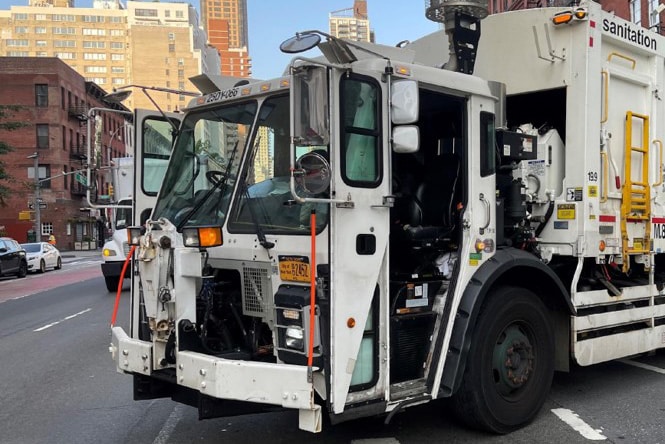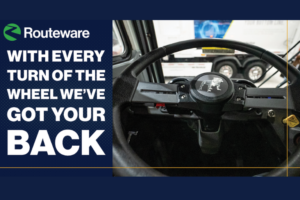Urban centers are growing across North America, and city solid waste departments are finding ways to do more with less as they serve burgeoning populations. Digital tools for solid waste and recycling communication help many cities scale services and balance budgets, and the City of Durham in North Carolina is no exception.
The City of Durham is growing: The Solid Waste Management Department adds about 130 households to its roster every month. Just a decade ago, communicating with additional households cost more and took more time than it does today, with print calendars eating up a significant portion of budgets, and phone calls to the City taking administrative staff away from other tasks.
Luckily, the City didn’t stick with analog processes. In fact, in a silver-lined turn of events, the Great Recession of 2009, which affected solid waste departments across the nation, initially pushed Durham toward digital, says Jim Reingruber, Assistant Director of Solid Waste Management.
When the recession forced the City to make cuts, the department lost positions, including its education position, Reingruber says. This change limited communication capacity and triggered the department to find digital solutions to waste and recycling education. They started with homegrown website collection calendars to replace paper ones that had to be mailed — and that was just the beginning.
Durham’s Solid Waste Management Department serves about 79,000 households with weekly trash and subscription yard waste, and every-other-week recycling collection. The department provides a number of other services as well, including bulky item collection, e-waste collection and shred days, and household hazardous materials collection.
While the City began its digital transformation in 2009, they stepped things up in 2017 after discovering tools for recycling education and outreach from ReCollect, which allowed them to manage all their collection calendars in one place and display them across multiple sites and pages with just a snippet of code. The Collection Calendar also allowed the City to send voice, text, and email reminders to citizens who opted in, helping people remember their collection days and providing a direct channel for updates — in the case of holidays or weather delays, for example.
A year later, the City added a custom-branded app, Durham Rollout, that provides waste and recycling collection schedules and a search engine (Waste Wizard) where people can look up how to dispose of any item, anytime. Powered by ReCollect, the app has a 4.9 rating on the App Store, and while adoption was slow to start, it exploded in 2020 during the early COVID-19 pandemic stay-at-home orders when people were feeling particularly “information starved,” says Reingruber.
Today Durham Rollout is the first place people go to sign up for alerts. Over 15,000 people have installed the app, and more than 13,000 signed up for reminders. People in Durham have used the app and the Waste Wizard to find out how to dispose of something properly nearly half a million times.
“We never get complaints about the app,” he says. That thing is flawless!”
Not only do citizens turn to the app for information, but they also call the City less frequently because they can self-serve answers to their questions. Since implementing digital tools in 2018, the City has met and exceeded its target for phone-call reduction, cutting annual calls by about 25 to 30 percent between 2018 and 2022.
The City also uses the Waste Sorting Game, a customized video game experience created by ReCollect and housed on the City website. The game, called Waste This Way, lets people have fun testing their understanding of recycling while collecting data that helps staff understand knowledge gaps.
“People love the fun, self-serve aspect of the game,” Reingruber says. “Even the Mayor said, ‘I went and played it, and it was so fun!’ And that’s the mayor talking about this in a council meeting.”
It’s no surprise that when the City started to consider retooling its bulky waste collection process, again they turned to digital.
In 2022 the City digitized its process for bulky waste collection, allowing citizens to schedule pickups using an online scheduling app — the Special Collection Tool from ReCollect — which reduced administrative effort, allowed for better communication with residents, made data collection easier and more robust, and continuously helps supervisors care for collection crews.
The benefits of going digital are many, Reingruber says. For City staff, digital tools for communication help bridge gaps in staffing; enhance waste education opportunities without adding FTEs; reduce administrative tasks, leaving time for other duties; and allow for integration with other systems.
Digital communications meet citizen demands for information in “the way they expect it today,” Reingruber says. Plus, it provides another channel for engagement and gives citizens greater flexibility — because digital self-service is always on.
Learn more. Is it time to scale your waste and recycling communications? That’s what we do! Let’s talk.





